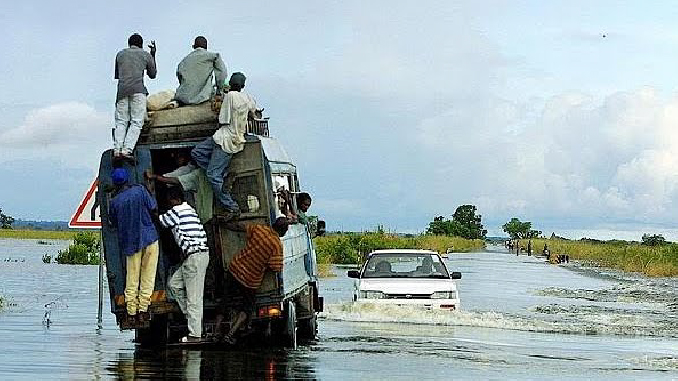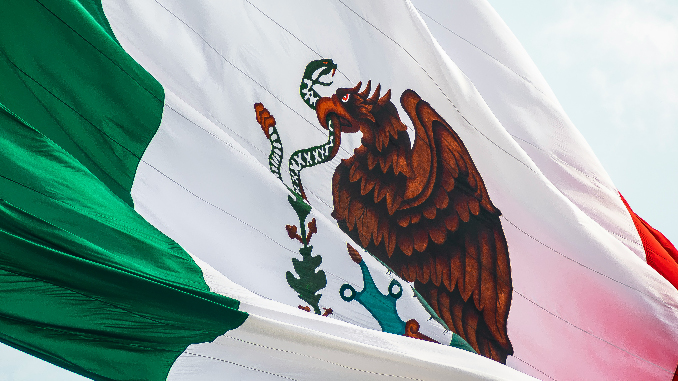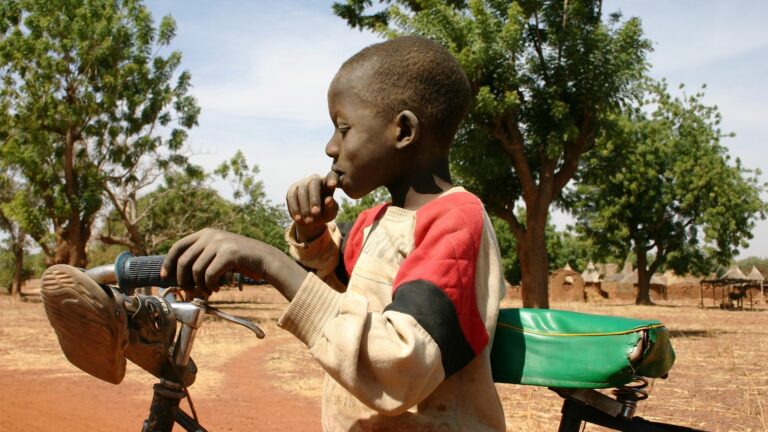“Call on me in the day of trouble, and I will deliver you.”
The Associated Press reported on the 12th that more than 7.1 million animals died in Mongolia this year due to the ‘climate disaster’ known as dzud. This accounts for more than one-tenth of the livestock raised throughout Mongolia, threatening the livelihood of pastoralists.
Dzud is a climate phenomenon or climate disaster that occurs in the desert land after a long drought combined with snow in winter creating an environment in which animals are difficult to survive. Dzud means disaster in Mongolian. Dzud causes thick ice and heavy snow to cover the wide Mongolian pastureland preventing animals from feeding on grass and starving to death.
Drought outside of winter causes scarce dry grass that animals feed on. Due to climate changes, dzud occurs frequently and becomes severe and the damage increases. When a cold wave hits Mongolia and Central Asia’s semi-desert or desert areas, many livestock die of starvation, the Associated Press reported.
In particular, the deaths of malnourished female animals and calves occur a lot in the spring, the birth period. The cattle industry is the centre of Mongolia’s economy and culture, accounting for 80% of agricultural production and 11% of GDP. Dzud used to occur every 10 years, however, climate change contributes toward the harsher and more frequent cycle of dzud.
According to the news agency, this year’s dzud is the sixth and worst in a decade. After a drought-dry summer last year, heavy snowfalls were the worst since 1975. Mongolia’s livestock damage has risen to 7.1 million in May, after 2.1 million cattle, sheep and goats died in February, local media reported. Thousands of families have lost more than 70 % of their total livestock.
The total death toll may increase to 14.9 million animals, 24% of the total animals, said Deputy Prime Minister S. Amarsaikhan. Mongolia’s population is about 3.3 million and its constitution defines 65 million camels, yaks, cattle, sheep, goats, and horses as its “national wealth”. Livestock and related products are Mongolia’s second largest export after minerals.
Herders who have lost their livestock from dzud often flock to cities such as the capital Ulaanbaatar but cannot find jobs, which has become another social problem. In Mongolia, the need for an early warning system has been raised to reduce dzud damage, which is becoming increasingly common. (Source: Newsis Comprehensive)
If I were hungry I would not tell you, for the world is mine, and all that is in it. “Sacrifice thank offerings to God, fulfil your vows to the Most High, and call on me in the day of trouble; I will deliver you, and you will honor me.” ( Psalms 50:12,14-15)
God, when their livelihoods are in crisis in Mongolia due to the climate disaster, let the souls of Mongolia come in humble hearts to the living God who rules the whole world. Let the Church of Mongolia come to the Lord with all its heart and pray and spread the gospel so that people in Mongolia can call on the name of God in the face of sudden trouble that human efforts cannot solve. As they come to the almighty God and cry out to God in a disaster-like situation, help them to find God who saves their soul so that they may glorify God with thanksgiving.
Prayer 24·365
prayer@prayer24365.org








